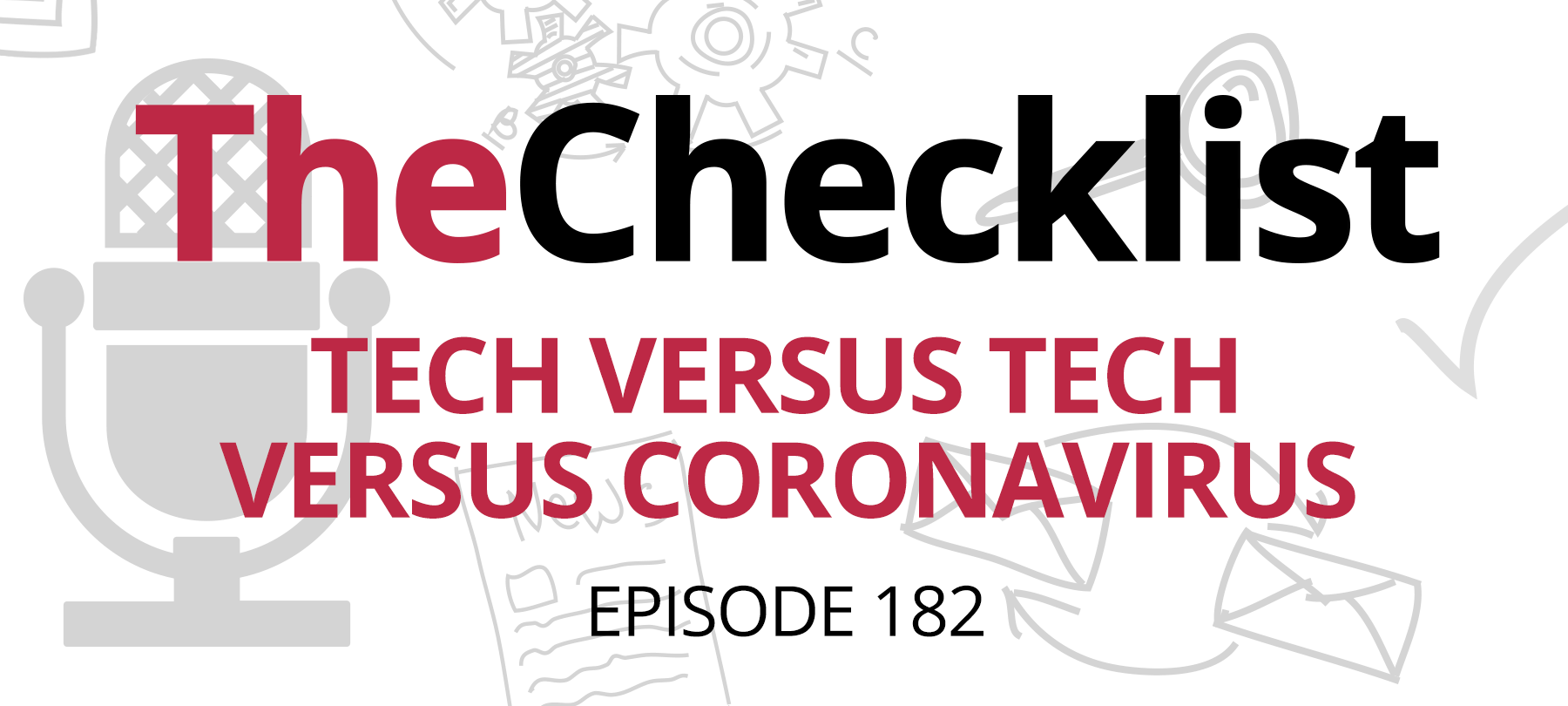Tech Giants Confront Cybersecurity Threats
In a recent episode of “Tech Will Not Save Us,” the discussion delved into the dual role of technology in both exacerbating and addressing cybersecurity threats. Hosts underscored the complexity of the tech landscape, acknowledging instances where technology companies attempt to rectify problems they inadvertently create.
A recent report by Engadget highlighted a concerning development: Russian and North Korean hackers utilized tools provided by Microsoft and OpenAI to refine their cyberattacks. This revelation underscores the inherent risks associated with the proliferation of advanced technologies.
However, amidst the alarming news, there are glimmers of hope. Microsoft and OpenAI were quick to detect the illicit activities facilitated by their platforms, indicating a proactive stance against cyber threats. Both entities collaborated to identify and shut down access to the offending groups, signaling a commitment to safeguarding their technologies from malicious exploitation.
Despite these efforts, concerns linger regarding the potential scope of unauthorized activities prior to detection. OpenAI reassured the public of its ongoing dedication to monitoring and disrupting illicit usage of its systems, employing various methods to identify and neutralize threats.
While the situation raises pertinent questions about the accountability of tech giants in mitigating cybersecurity risks, it also highlights the necessity of continuous vigilance and collaborative efforts to combat evolving threats in the digital age.
The podcast episode underscores the delicate balance between technological innovation and security, urging stakeholders to remain vigilant amidst the ever-evolving landscape of cyber threats.
Tech Giants Unite to Combat Deceptive AI Content Ahead of Record-Breaking Election Year
In the latest episode of “The Checklist“, the focus turned to the looming specter of AI manipulation in the upcoming 2024 elections, both in the United States and across the globe. With a staggering number of elections slated for this year, surpassing any other single year in history, concerns regarding the integrity of democratic processes have taken center stage.
A recent report by ZDNet shed light on a promising development: the signing of the Tech Accord to Combat Deceptive Use of AI in 2024 Elections. Signed by major tech players including Amazon, Google, Meta, Microsoft, OpenAI, and others, the accord aims to address the nefarious potential of AI in influencing electoral outcomes.
While skepticism persists due to the checkered pasts of some signatories, the accord signifies a collective effort to raise awareness and safeguard the democratic process. The participating companies have committed to a series of specific actions, including the development of technology to mitigate risks associated with deceptive AI election content, fostering cross-industry resilience, and promoting transparency regarding their efforts.
Notably, the initiative is not government-led but emerged from the Munich Security Conference, a prestigious forum for international security policy discussions. With stakeholders from various sectors convening to tackle pressing security challenges, the accord reflects a multilateral approach to safeguarding democratic principles.
The accord also emphasizes the importance of public awareness and media literacy in combating deceptive AI content. Efforts to educate citizens about recognizing and protecting themselves from manipulation are integral components of the initiative.
As the 2024 elections loom large on the horizon, the accord represents a significant step forward in confronting the evolving threats posed by AI manipulation. While challenges remain, the commitment of tech giants to proactively address these issues offers a glimmer of hope for the integrity of democratic processes worldwide.
Europe Overtakes North America as Most Targeted Region for Cyberattacks in 2023, IBM Report Reveals
Recent findings from IBM have unveiled a surprising shift in cyberattack trends, with Europe emerging as the primary target for malicious activities in 2023. Contrary to popular belief, North America ranked second in the list of targeted regions, according to a report detailed by The Next Web.
Key highlights from the report include Europe accounting for 32% of analyzed cyberattack incidents, followed closely by North America at 26%. This marks a significant change from previous years, with the Asia-Pacific region, which held the top spot in 2022, slipping to third place with 23% of incidents.
Moreover, the report highlights a notable shift in attack methodologies, with cybercriminals increasingly leveraging valid credentials as a means of entry into victim environments. Attacks exploiting legitimate credentials saw a staggering 71% year-over-year increase, now rivalling phishing as the most common attack vector.
The surge in credential-based attacks can be attributed to the abundance of compromised identities available on the Dark Web, offering cybercriminals an easily accessible avenue for unauthorized access. This shift underscores the importance of robust authentication measures, such as two-factor or multi-factor authentication, in bolstering defenses against cyber threats.
While these measures may not guarantee immunity against all cyberattacks, they serve as effective deterrents against a significant portion of malicious activities. Businesses and individuals alike are urged to prioritize the implementation of enhanced authentication protocols to mitigate the risk posed by credential-based attacks.
As cybersecurity threats continue to evolve in sophistication and scale, proactive measures are essential to safeguarding digital assets and preserving the integrity of online environments.
Source: https://thenextweb.com/news/europe-worlds-most-targeted-region-for-cyberattacks



